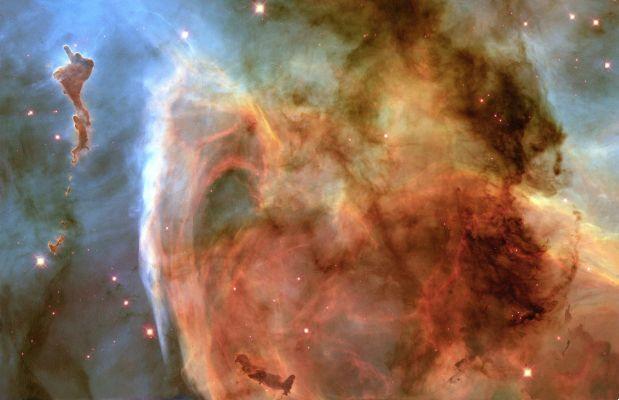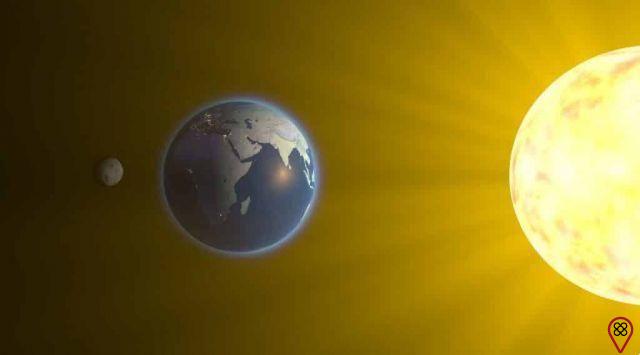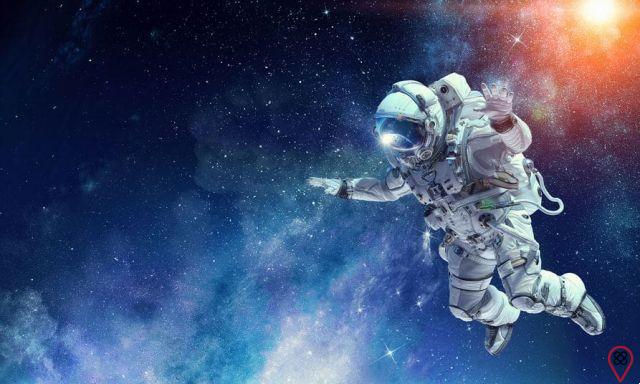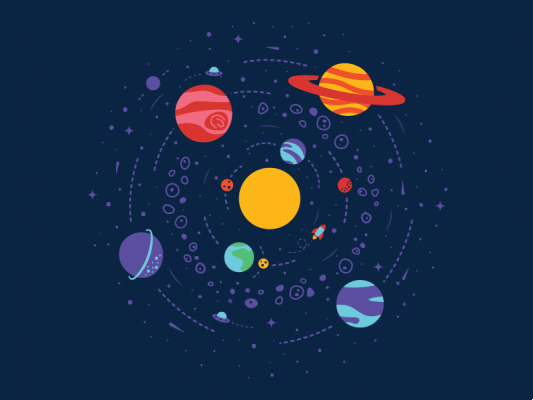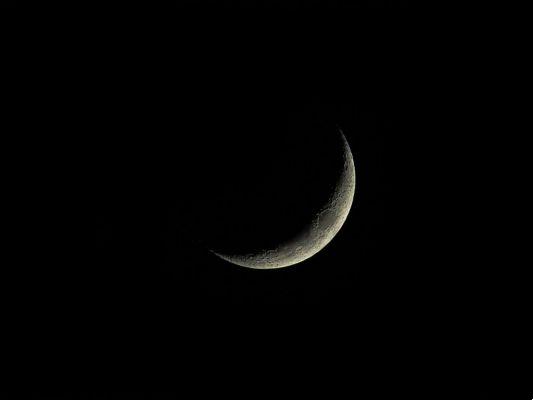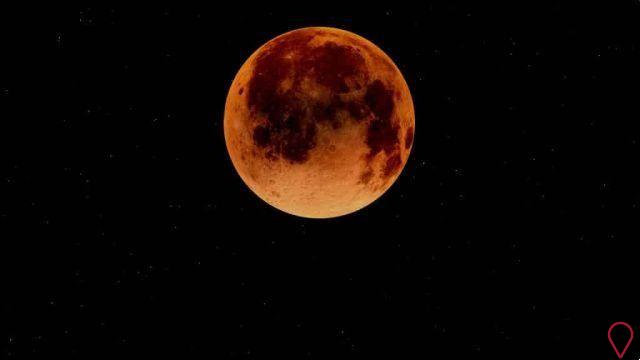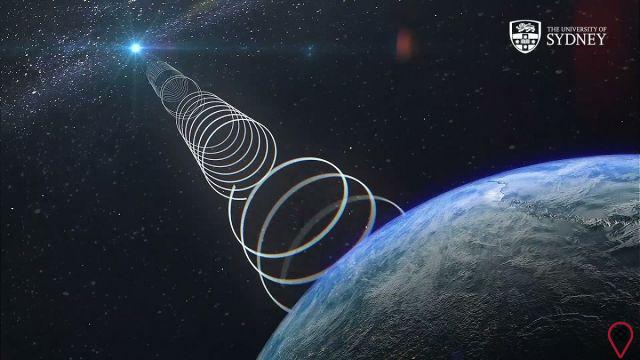The asteroid was named "Apophis" after an Egyptian god of the same name who is associated with chaos and darkness. The reason is simple, but shocking: if an asteroid of the same dimensions as Apophis hit our planet, the impact would be equivalent to that of the Russian Tsar bomb, the most powerful nuclear weapon in the world. According to professionals, the collision would result in a crater more than four kilometers in diameter, but that would not be enough to end life on Earth.
Asteroid in 2017:
Over the years, there have been several predictions that asteroids would collide with Earth, but not all of them actually came to pass, as was the case with the asteroid 2016 WF9, which came to be known as the “end of the world asteroid”, such a repercussion. given. However, as it is possible to conclude, since we are in 2019, nothing happened. 2016 WF9 passed within about 51 million kilometers of Earth on February 25, 2017 and did not pose any kind of danger. Some even say that it was all fake news.

Still in 2017, but in November, the asteroid 2017 VL2 “scraped” the Earth and NASA did not detect its approach in time. According to experts, the body was roughly the size of a whale and could destroy an entire city within a 6 kilometer radius. This celestial body belongs to the group of asteroids known as Apollo, whose orbits are located close to Earth's, and should only make a new 'visit' approximately in the year 2125.
Asteroid in 2019:
Another Apollo asteroid, this one named 101955 Bennu, has a diameter of approximately 493 meters and is observed extensively with the planetary radar of the Arecibo Observatory and the Deep Space Network, as it has great potential to collide with Earth. A recent dynamics study has located a series of eight potential Earth impacts with Bennu between 2169 and 2199, but the cumulative impact probability is no greater than 0,07% for all eight encounters.

In June of this year, NASA released never-before-seen images of the rocky surface of a large boulder from asteroid Bennu. The agency itself said that the object, with a diameter of approximately 493 meters, is on a collision course with Earth. The files obtained by NASA's OSIRIS-REx space probe are used for a complete study of the celestial body. The boulder photographed is part of the asteroid's northern hemisphere and is 20,6 m tall, which is roughly the size of the tail of a 747 plane.
To understand what could happen if a gigantic and high-speed element like this one were to crash on our planet, NASA and FEMA (Federal Emergency Management Agency) carried out a 5-day simulation later this year to discover the best strategies to deal with it. with the possible impact of an asteroid. The test simulated the arrival of a 60-meter asteroid into Earth's atmosphere at a speed of 19 kilometers per second. According to the calculations made, 20 megatons of energy would be released in the explosion, which represents an energy a thousand times greater than the atomic bomb dropped on the Japanese city of Hiroshima.

Hypothetically, to try to avoid damage, NASA would send a reconnaissance mission to find out more about the asteroid's size, orbit and composition. Then, three probes would be sent to collide with the space rock, in order to push the asteroid away. Potentially, the main body would be deflected, but a 50-80 meter fragment could still collide with Earth. According to experts, an impact of this scale would affect a radius of 15 kilometers. The air blast means there would be no survivors within 83 square kilometers of the collision point, with damage extending up to 68 kilometers.
Other asteroids have already crashed here. According to NASA, about 100 tons of interplanetary material fall on Earth every day. Most of this material is dust released by comets. However, every 10 years, on average, there is a possibility that asteroids larger than 100 meters will hit Earth and cause localized disasters or waves capable of inundating coastal areas. On the map are objects from 1 to 20 meters that can fall on our planet, but almost all of them have disintegrated in the atmosphere. Two meteors even fell in España, even.
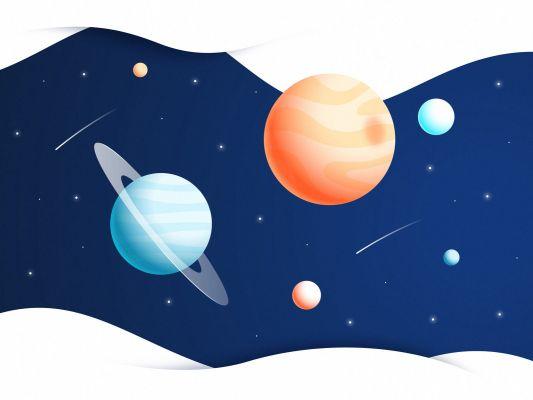
One of the rare cases of a meteor big enough to reach the ground was the one that fell in 2014, in Chelyabisky, Russia. The explosion, which took place in February 2014 and released 440 kilotons of energy, was caused by an asteroid that tore through the skies, causing a meteor shower that shattered many windows and generated ultraviolet light so strong that it caused skin burns. of more than twenty people.
In 2018, there was another meteor explosion over Russia, this time equivalent to 10 atomic bombs. However, because it took place in the middle of the Bering Sea on the Kamchatka Peninsula, the explosion was not noticed or reported when it happened in December of that year. The Japanese Himawari satellite and the United States Air Force noticed the event and notified NASA. The meteor that hit Earth's atmosphere descended at 32 kilometers per second and the explosion occurred 25,6 kilometers above the surface, releasing 173 kilotons of energy. Despite its magnitude, the meteor blast that hit Russia is not the biggest or most powerful on record in recent years.

Although the physical damage to the planet and our health draw attention and concern in relation to the fall of asteroids, meteors or meteorites on Earth, there is an interesting fact to be highlighted: these celestial bodies also interfere in the spirituality of human beings. Even without realizing it, the fear that something could happen so suddenly and end all life, causing irreparable tragedies, haunts our minds when we hear about some news like "asteroid may collide with Earth". And that's normal! But religious begin to wonder if this disaster would be a punishment for humans.
In The Spirits' Book, author Allan Kardec says that disasters are natural effects related to the physical conditions of the planet, which are subordinated to Natural Law. Alexandre Caldini also claims that “everything must be destroyed in order to be reborn and regenerated.” And maybe this is the kind of understanding necessary for us to grow internally and realize that life is much more than living in fear that something bad will happen and missing the good times.
You might also like:
- When the Universe awakens our consciousness
- Flying Saucers: past, present and future
- Deadline, the evolution of humanity and the prophecies
Using the asteroids themselves as an example, many of the news published on the subject end up “boosting” the facts a little so that people are interested in the content, but in the end, when nothing happens, we think that a miracle has befallen us. But the truth is, nothing was going to happen anyway. There is a possibility that some object will collide with our planet, but the probability that this will happen is tiny and there are studies that prove this. It's all a matter of interpretation and wisdom to not get carried away by facts that are out of your control.



